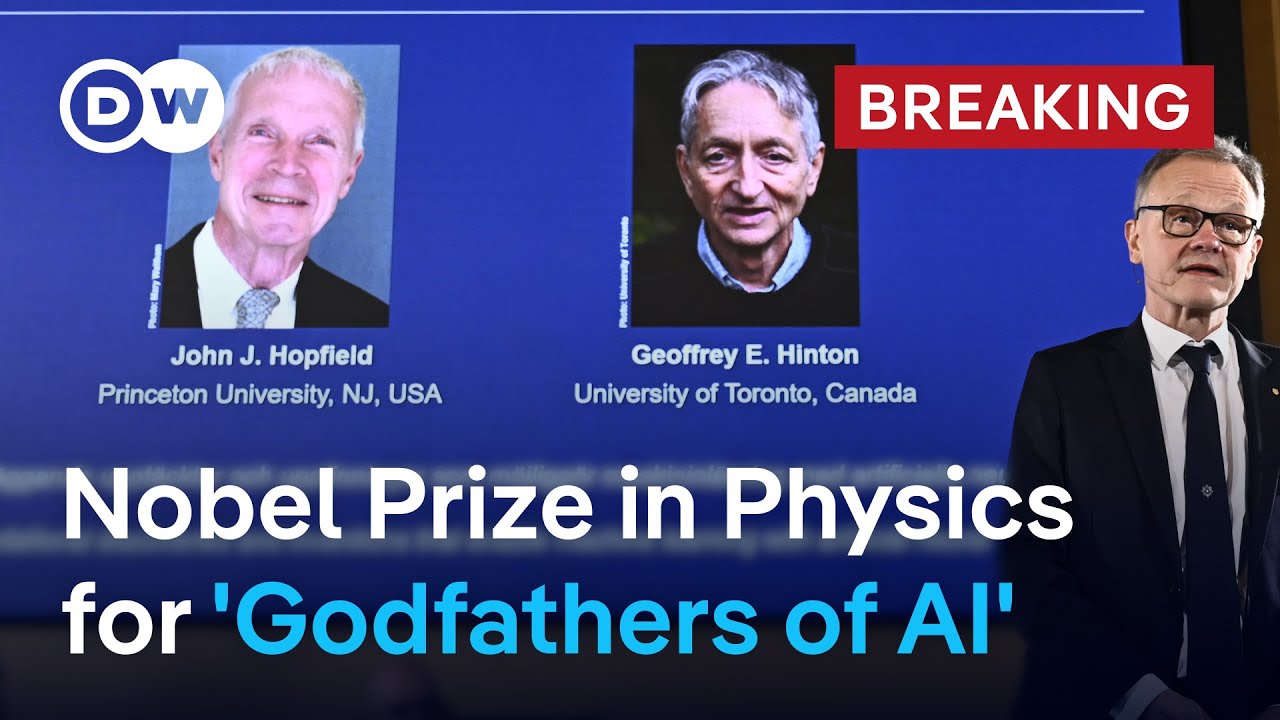The 2023 Nobel Prize in Physics was awarded to John Hopfield and Geoffrey Hinton for their foundational contributions to machine learning, which enhance decision-making processes in fields like medical diagnostics. While celebrating the advancements in AI, the Nobel committee also emphasized the ethical concerns surrounding its rapid development and potential misuse.
The 2023 Nobel Prize in Physics has been awarded to American John Hopfield and Canadian Geoffrey Hinton for their significant contributions to the field of machine learning. The Nobel Prize committee recognized their discoveries and inventions as foundational elements that enhance decision-making processes, particularly in areas such as medical diagnostics. While acknowledging the benefits of machine learning, the committee also highlighted the ethical concerns surrounding its rapid development and potential misuse.
Matthew Ward from DW Science discussed the implications of the committee’s announcement, noting that the rapid advancement of artificial intelligence (AI) has raised alarms about its potential risks. Hinton, one of the laureates, has previously expressed concerns regarding the loss of control over AI technologies. The committee’s recognition of these ethical considerations reflects a growing awareness of the dual-edged nature of AI advancements.
Hopfield’s work, which began in the early 1980s, led to the development of the Hopfield network, a type of neural network that mimics the way neurons in the human brain are interconnected. This network allows for the storage and retrieval of information, even from distorted inputs. The Nobel Prize committee emphasized the network’s ability to reconstruct images from incomplete data, showcasing its potential in various applications.
Hinton built upon Hopfield’s foundational work by creating more complex models capable of recalling information. This advancement is evident in modern AI applications, such as chatbots like ChatGPT, which generate coherent and relevant text based on user prompts. The discussion highlighted that while AI is often associated with language processing, its applications extend far beyond that realm.
The benefits of AI are being realized across multiple scientific disciplines, including astrophysics and materials science. The technology aids researchers in interpreting complex data from distant star systems and in developing new materials for photovoltaic cells. Additionally, AI’s role in medical imaging, such as identifying tumors in X-rays, underscores its potential to enhance human capabilities in understanding and analyzing intricate information. Overall, the recognition of Hopfield and Hinton’s work underscores the transformative impact of machine learning on various fields while also prompting discussions about its ethical implications.
